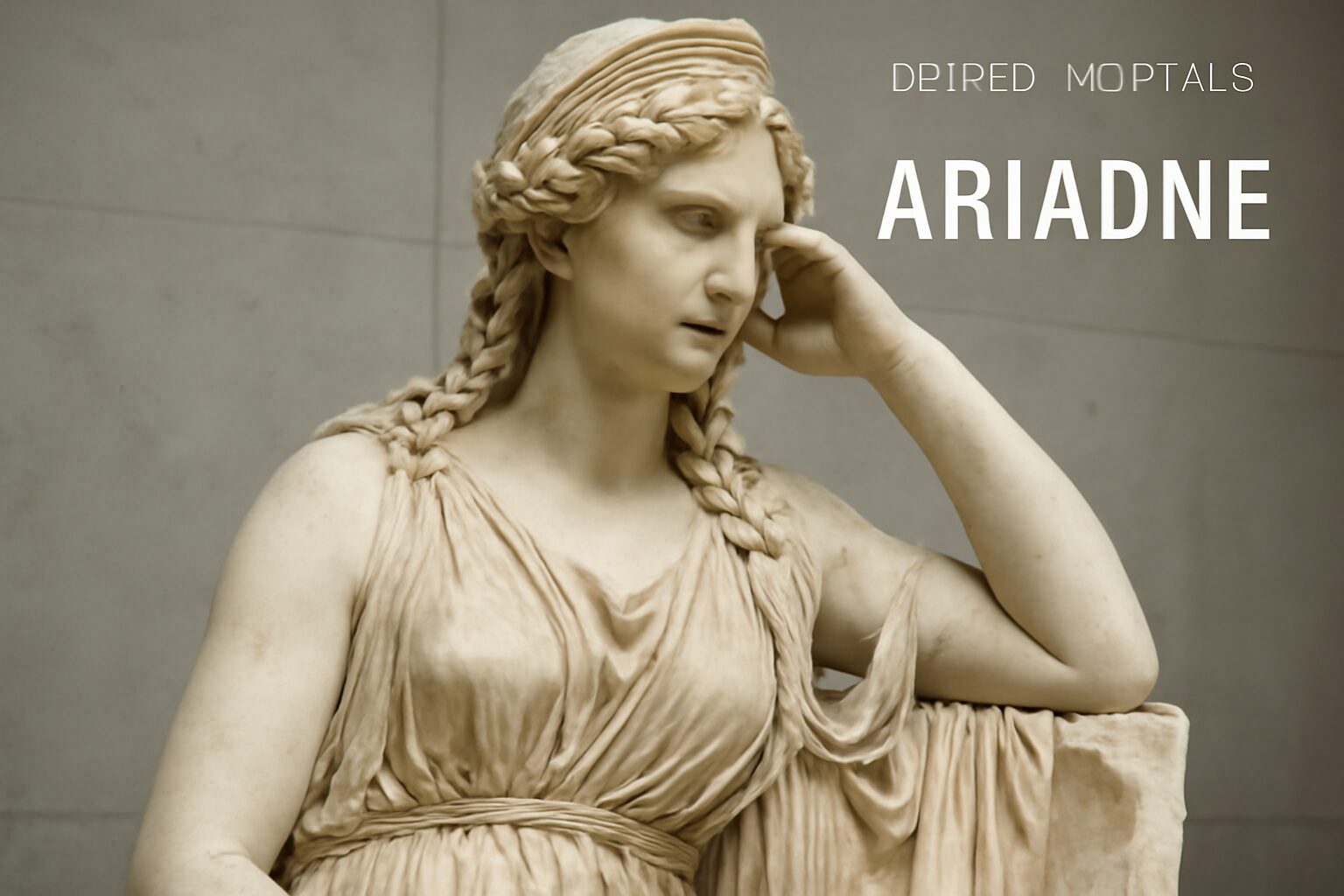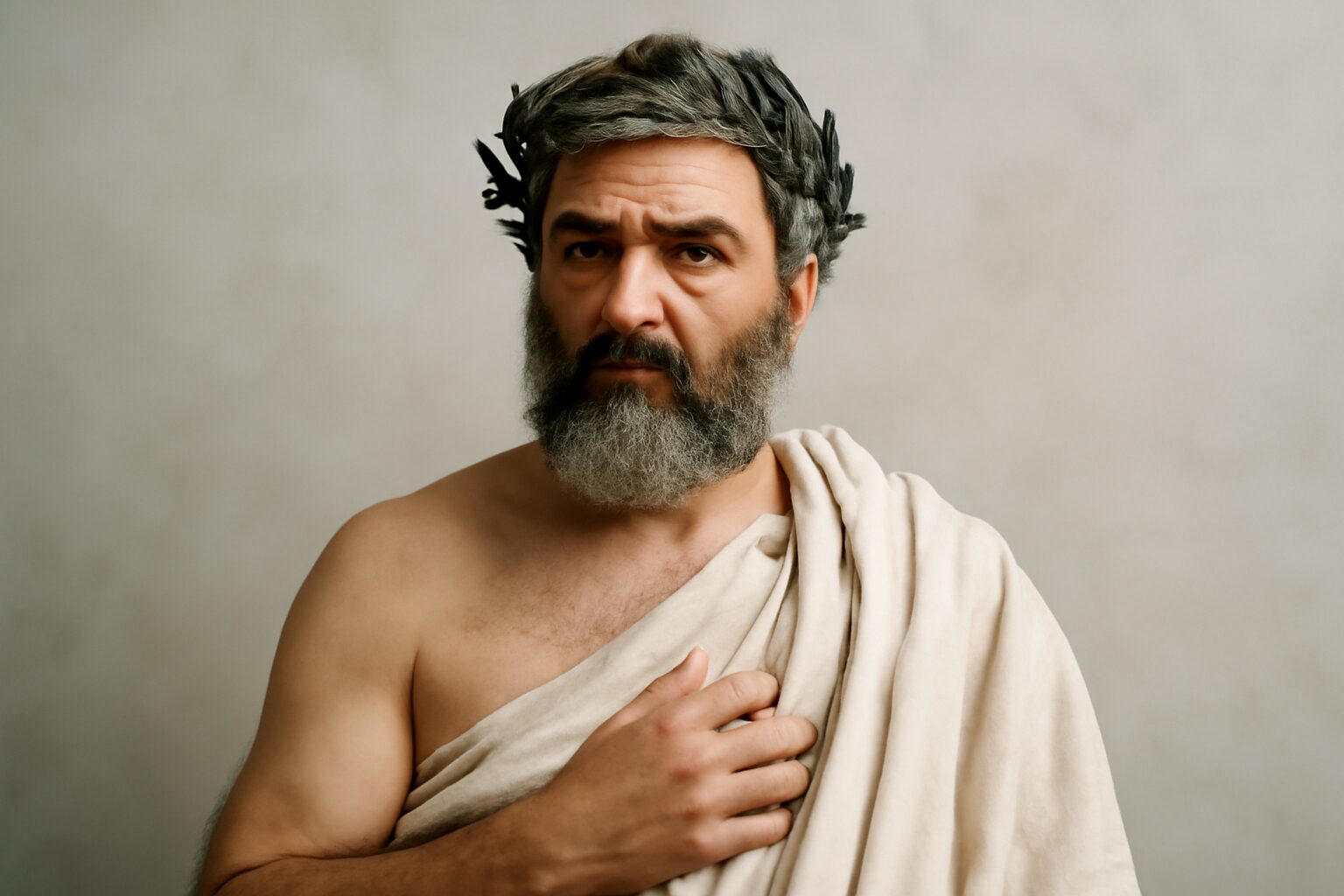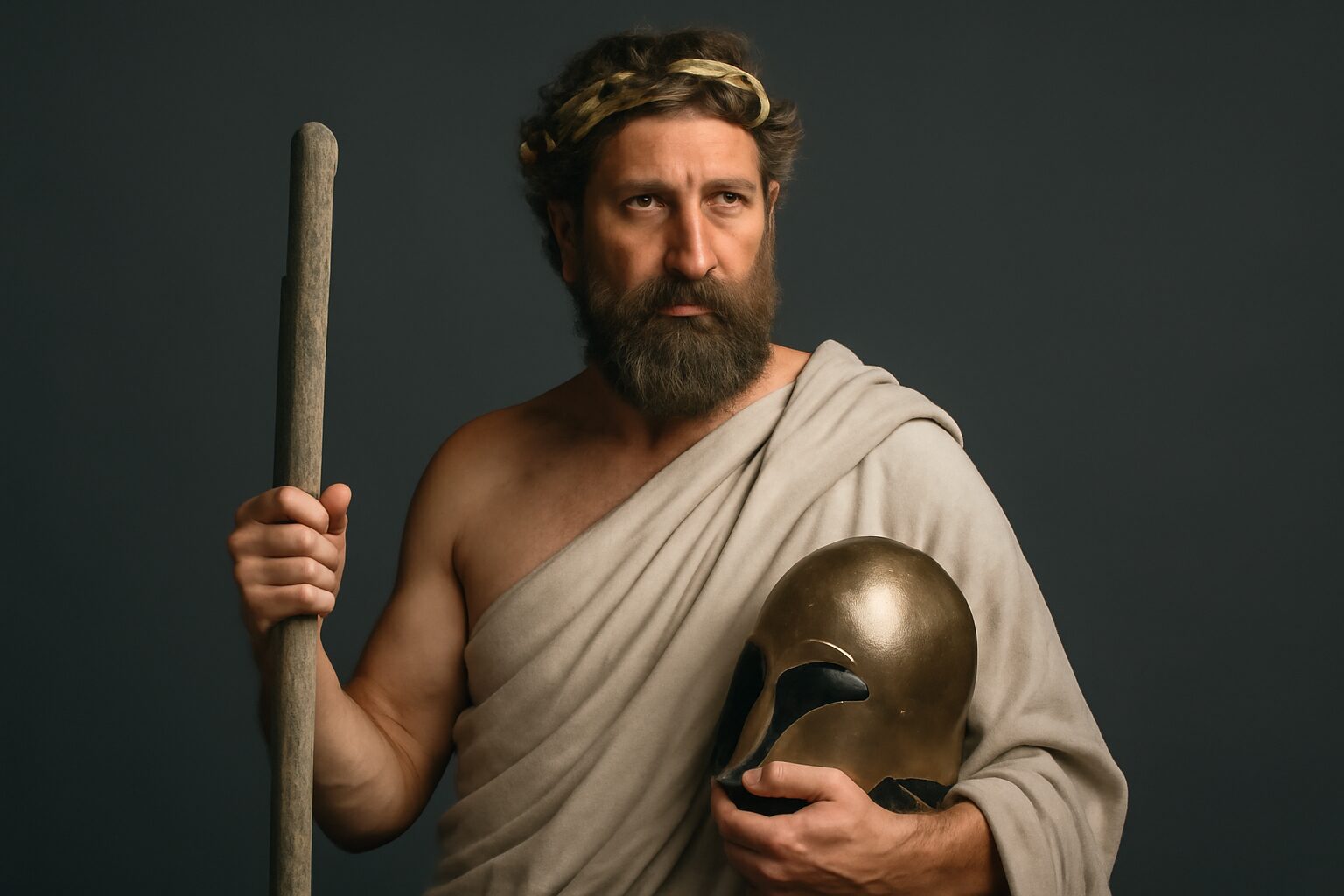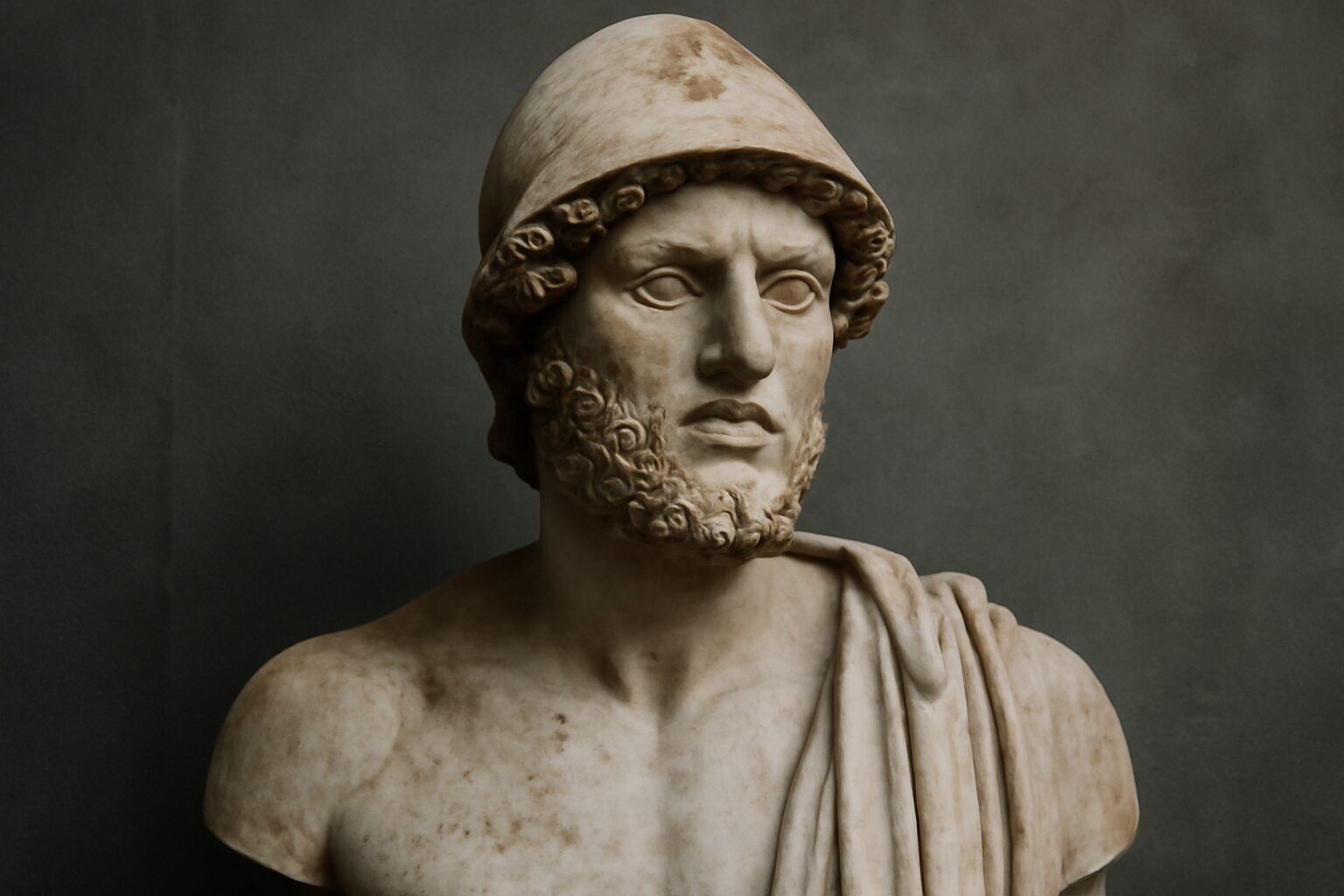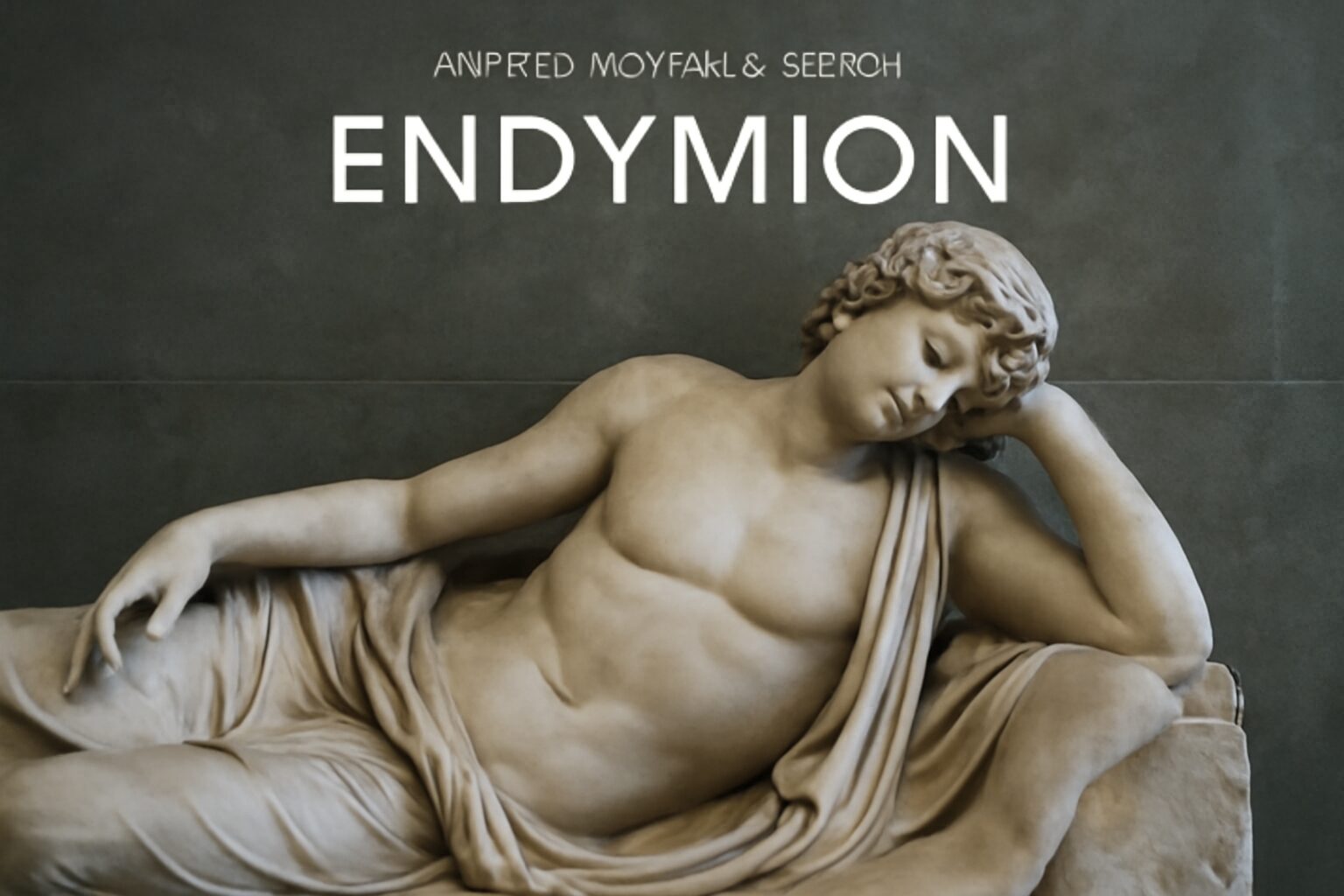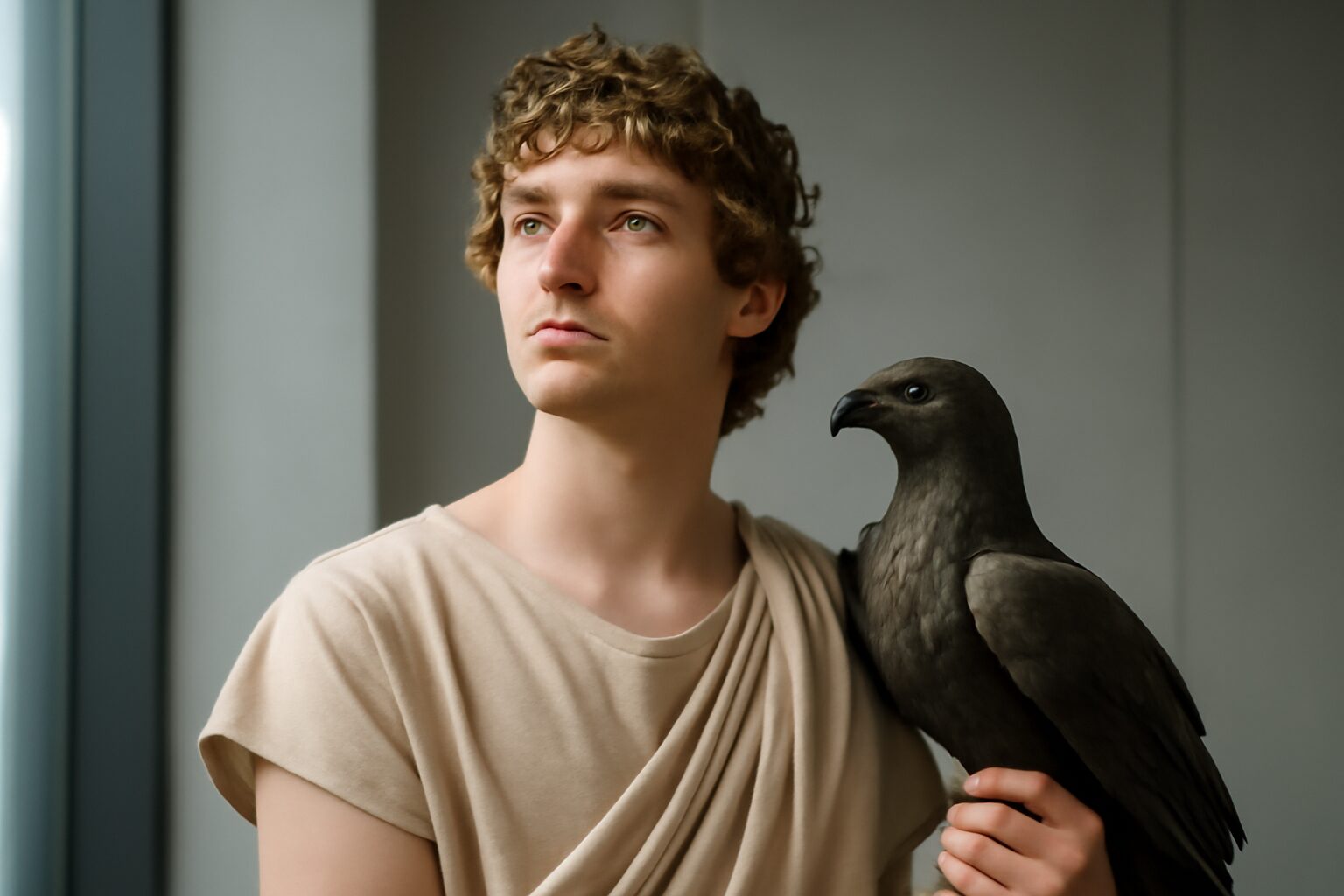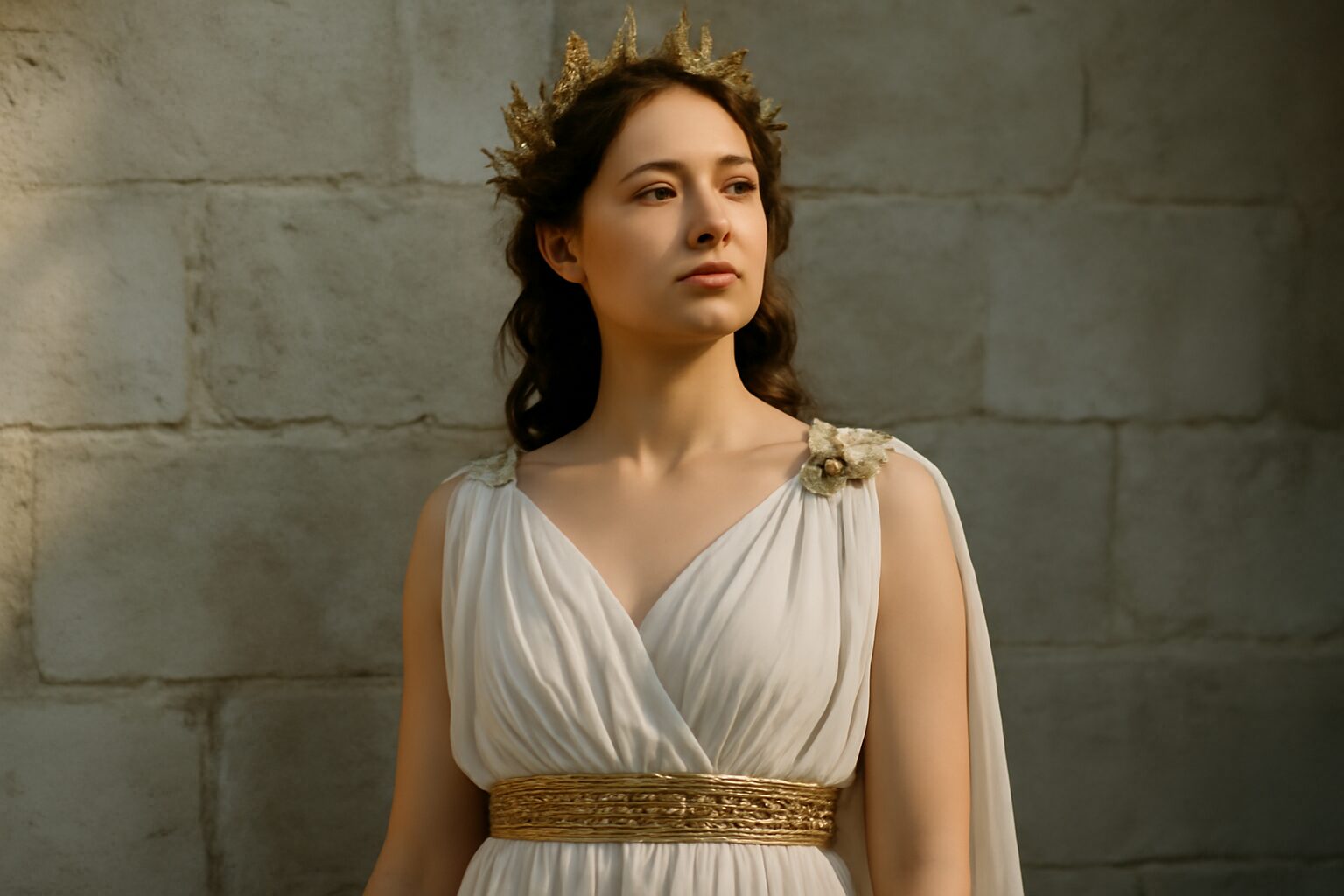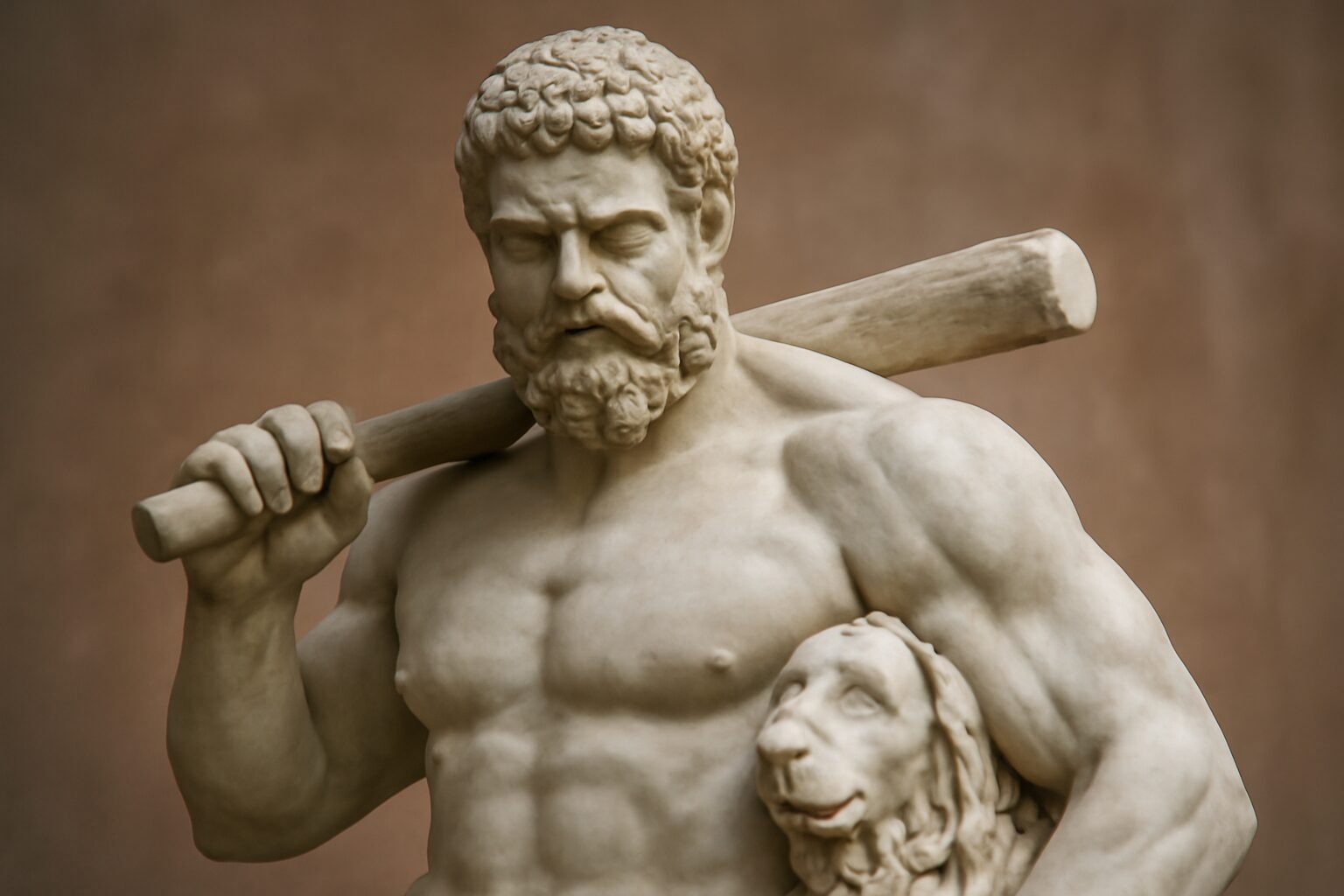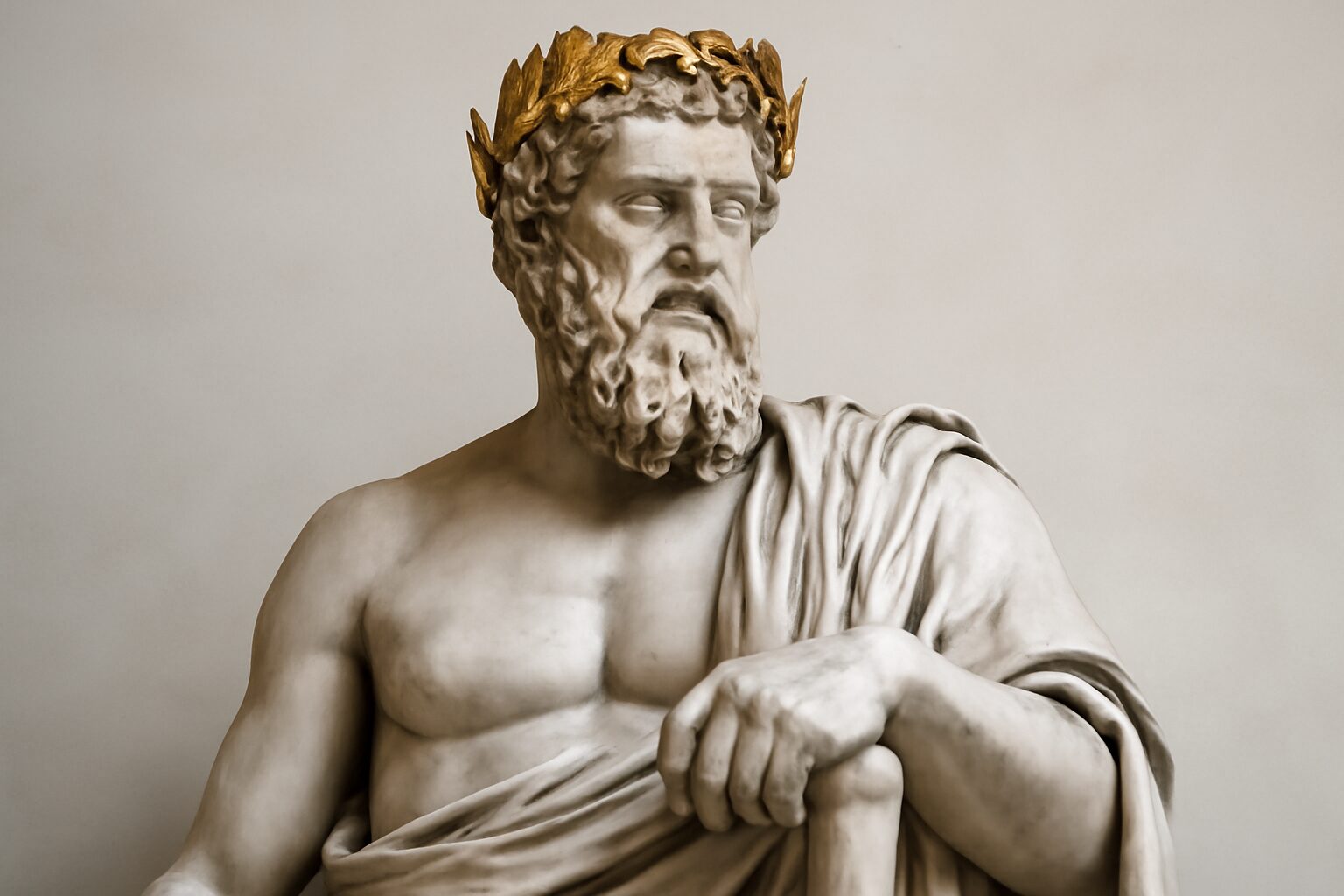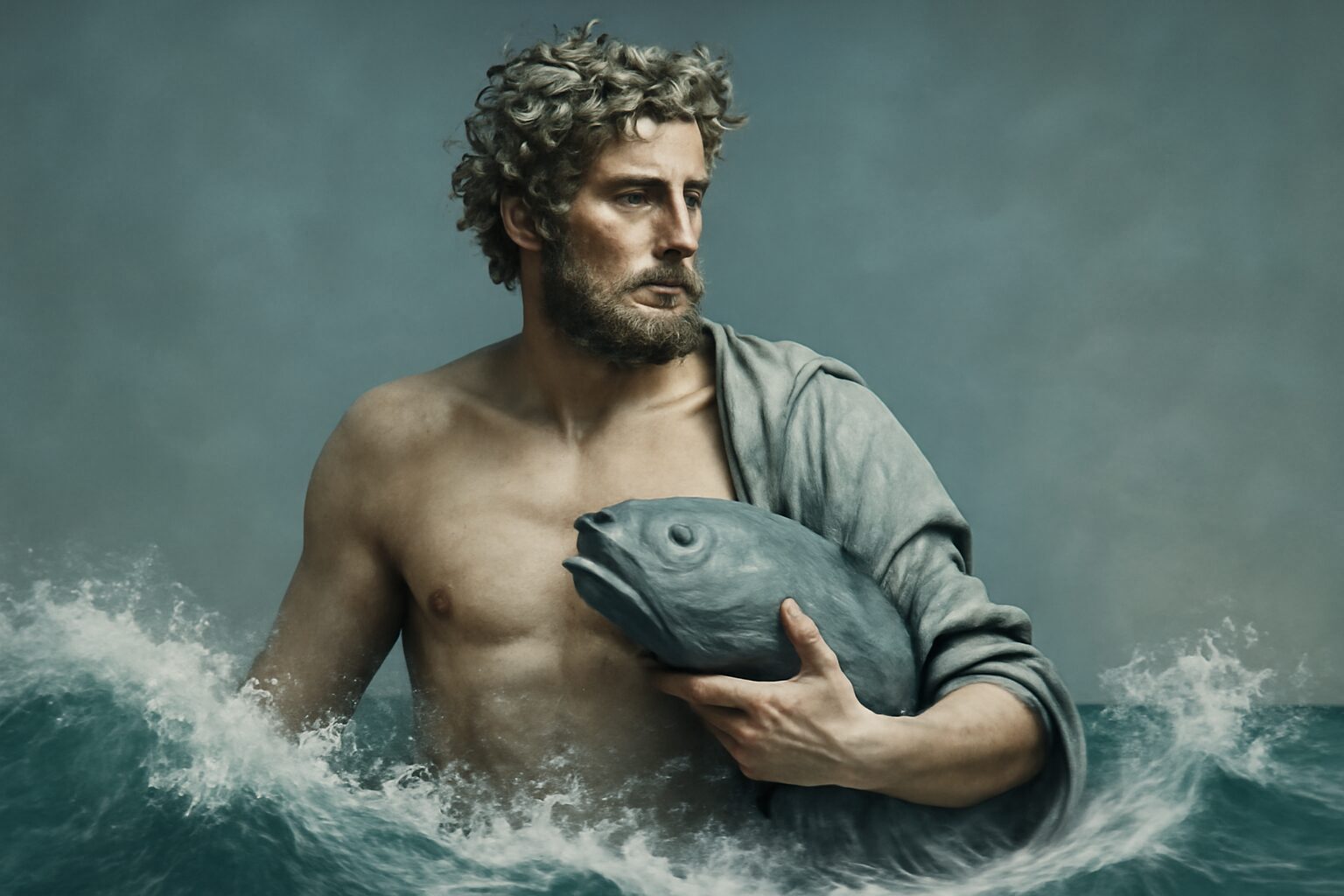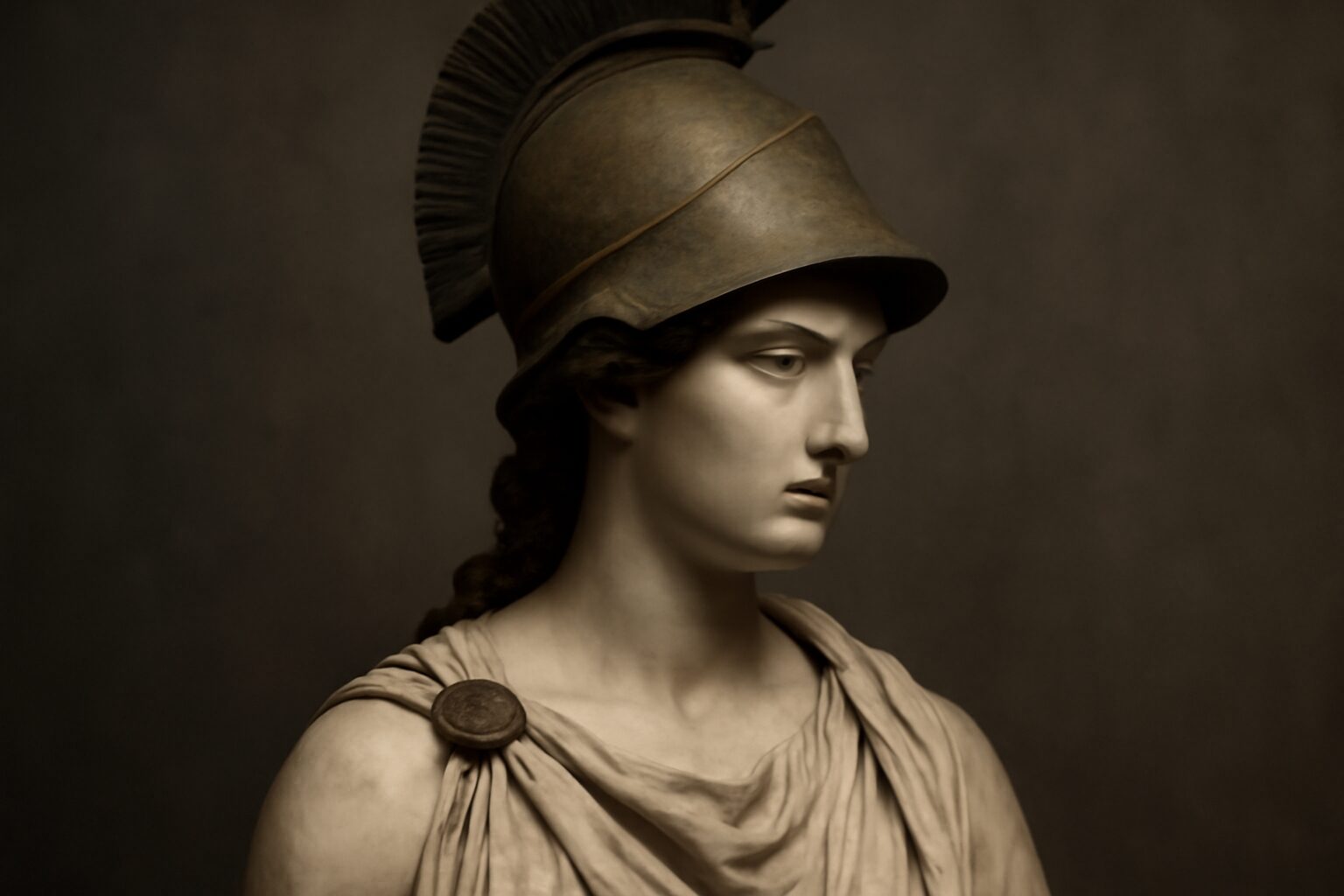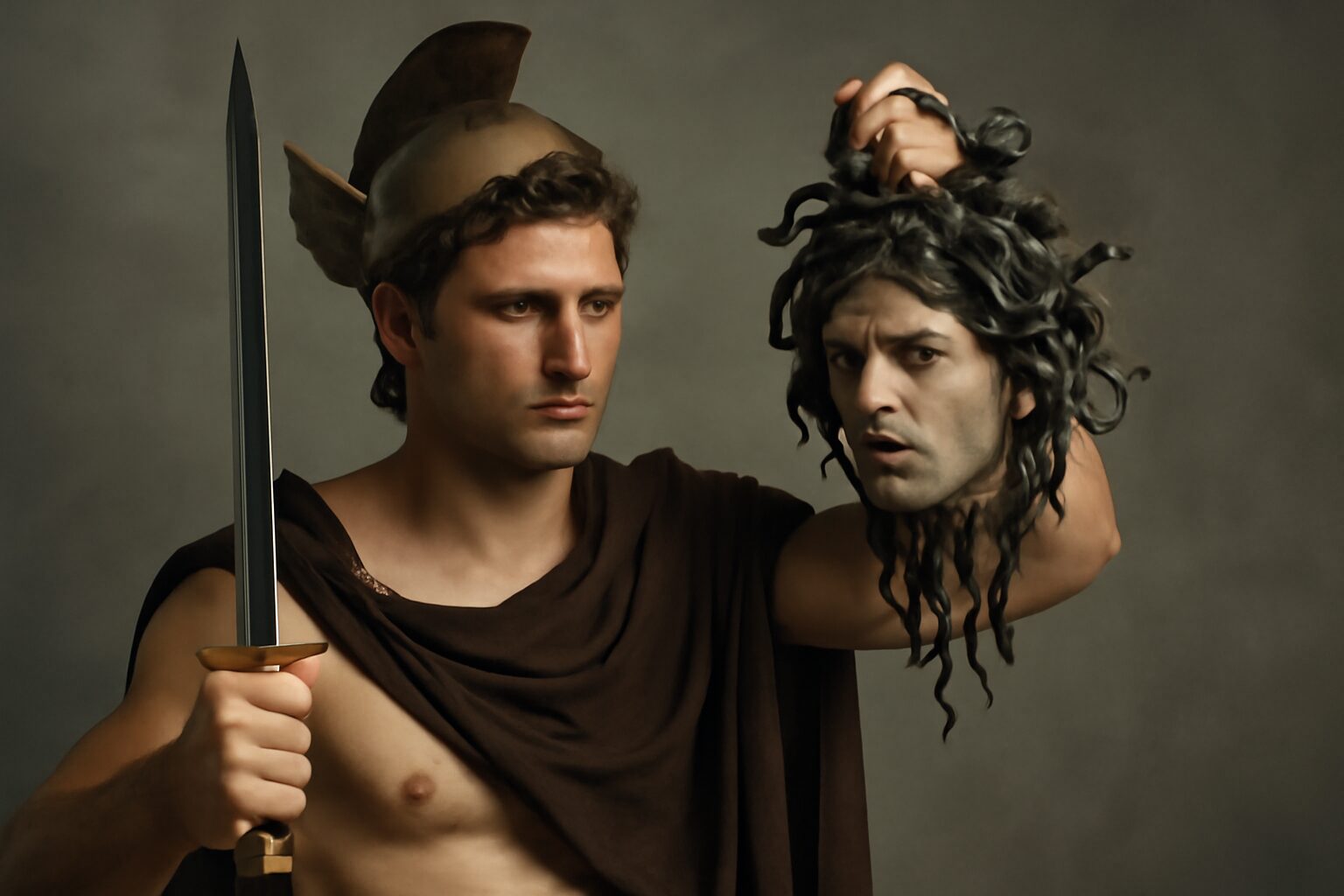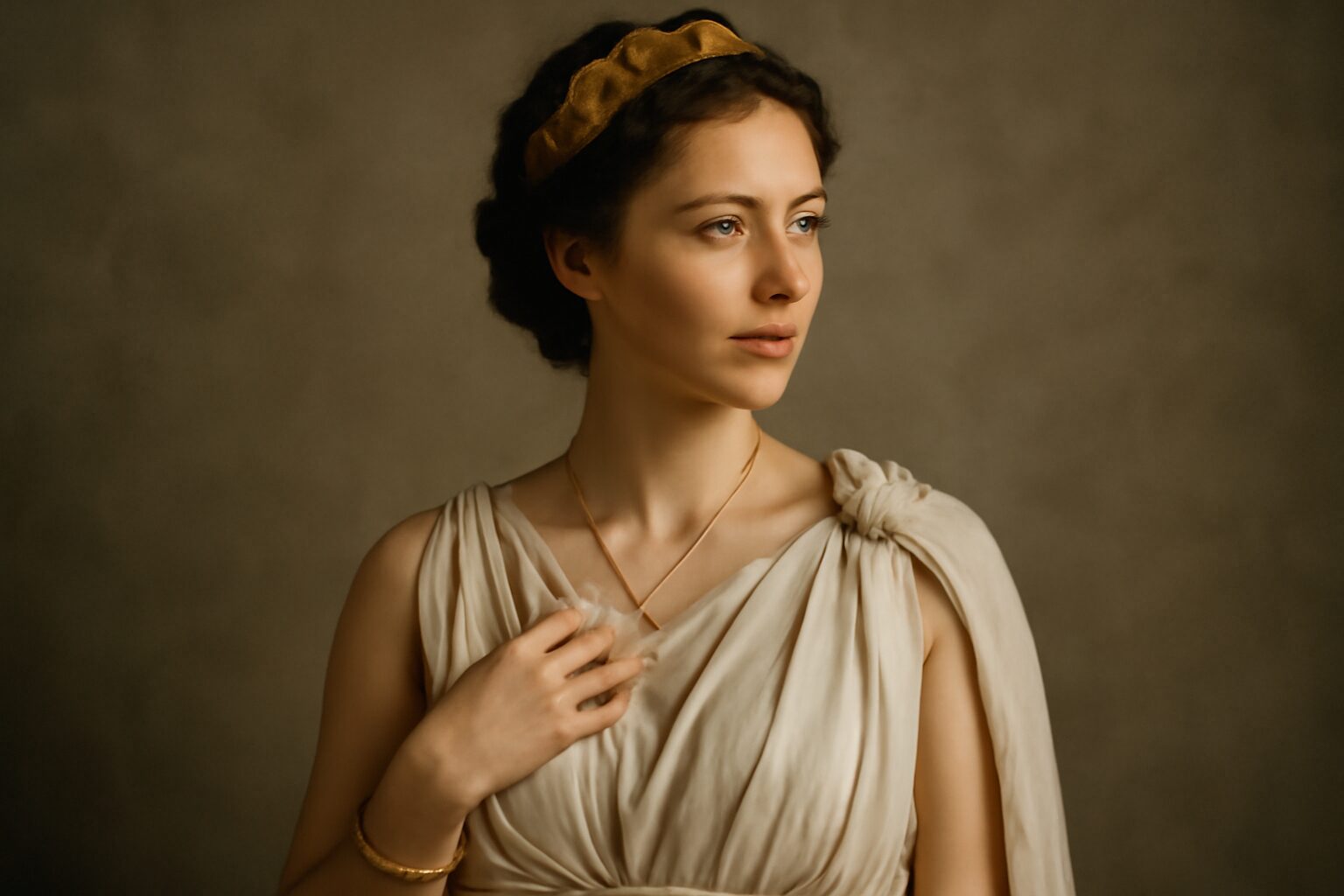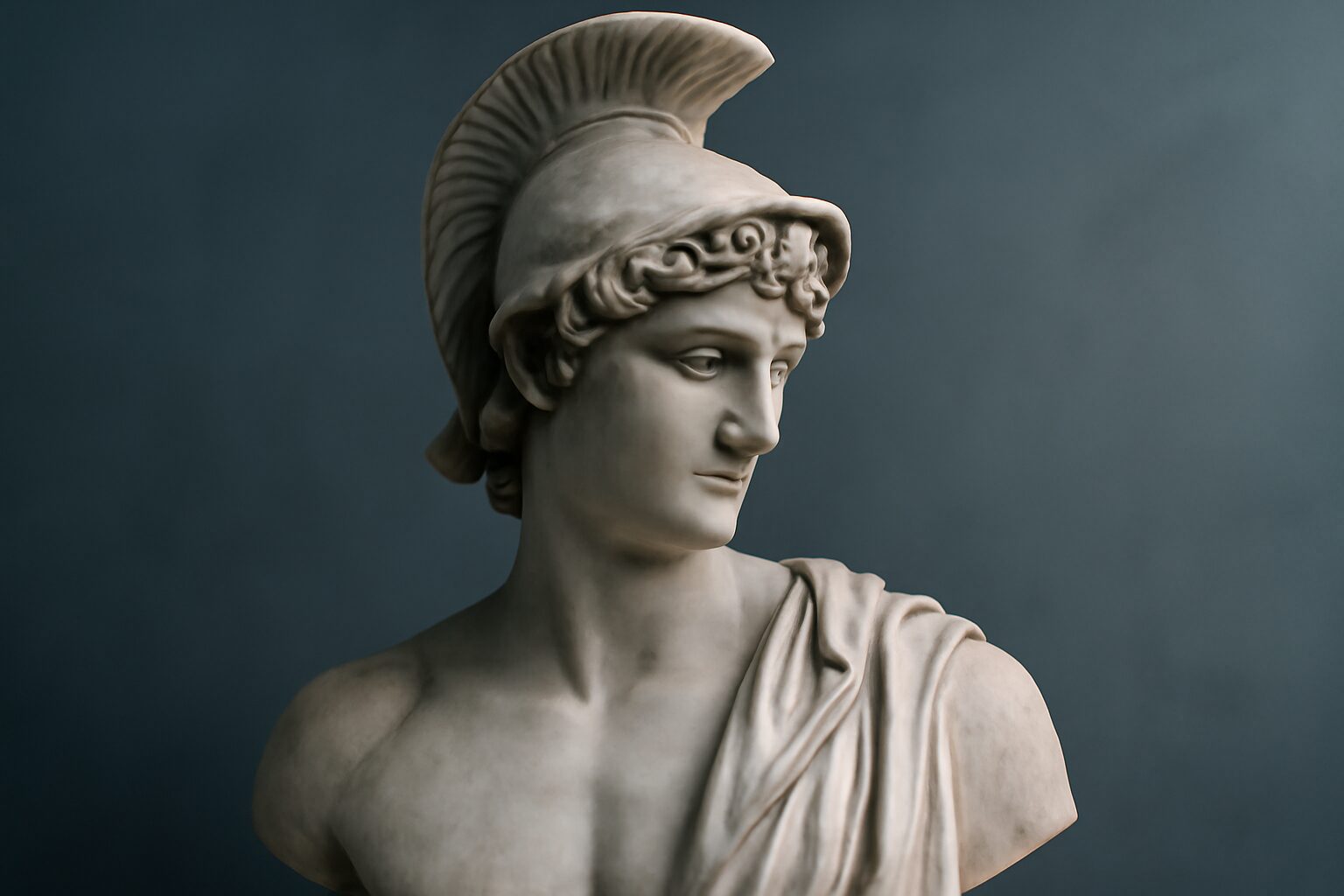Ariadne: The Clever Princess of Crete
In Greek mythology, Ariadne was a Cretan princess whose intelligence and compassion played a pivotal role in one of the most famous heroic tales. The daughter of King Minos and Queen Pasiphaë, she is best known for helping the Athenian hero Theseus navigate the Labyrinth to slay the Minotaur.
The Hero and the Thread
Ariadne's most famous myth begins when Theseus arrives in Crete as one of the sacrificial youths sent to feed the Minotaur. Smitten by the hero, Ariadne defies her father by giving Theseus a clew of thread to mark his path through Daedalus's inescapable Labyrinth. This ingenious solution allowed Theseus to slay the beast and retrace his steps to freedom.
Divine Romance and Abandonment
After their escape, Ariadne fled Crete with Theseus, only to be abandoned on the island of Naxos. Ancient sources differ on why this occurred - some say Theseus acted cruelly, while others claim Dionysus compelled him to leave. The most famous version tells how Dionysus discovered the heartbroken princess and made her his immortal wife, elevating her to divine status.
Symbolism and Legacy
Ariadne represents several important themes in Greek mythology:
- Transformation: From mortal princess to divine bride
- Cleverness: Her thread solution outsmarted the Labyrinth's design
- Passion: Her bold choice to help Theseus despite consequences
In art, Ariadne is often depicted with Dionysus or shown asleep on Naxos. Her crown (a wedding gift from Dionysus) was said to have been placed among the stars as the Corona Borealis constellation.
Cultural Significance
Ariadne's story resonated throughout Greek culture. She appeared in numerous tragedies and poems, with her abandonment becoming a popular theme. The "Ariadne's thread" concept endures today as a metaphor for problem-solving guidance. Her myth also connects to important religious rites, particularly those associated with Dionysian mysteries celebrating life, death, and rebirth.
Alternative Names for Ariadne
God Name: Arianna (Roman)
Arianna is the Roman equivalent of the Greek goddess Ariadne. The name was adapted into Roman mythology with slight variations in spelling and pronunciation.
God Name: Ariadne Aphrodite (Greek (Epithet))
In some Greek traditions, Ariadne was associated with Aphrodite, leading to the epithet 'Ariadne Aphrodite,' highlighting her connection to love and beauty after her deification.
God Name: Ariadne Dionysia (Greek (Cult Title))
In certain cult practices, Ariadne was worshiped alongside Dionysus, and the title 'Ariadne Dionysia' reflects her role as his consort in religious contexts.
God Name: Aridela (Greek (Regional Variant))
In some Cretan traditions, Ariadne was referred to as Aridela, meaning 'the very manifest one,' possibly highlighting her prominence in local myths and worship.
Tales about Ariadne
Ariadne and Dionysus: The Gift of Immortality
After being abandoned by Theseus on the island of Naxos, Ariadne wept bitterly, believing her life and love were lost. But fate had a different plan. The god Dionysus, the deity of wine, ecstasy, and theater, happened upon the shore and was immediately captivated by her sorrowful beauty. Moved by her plight and enchanted by her spirit, he approached her with gentle words and offered her not just solace, but a divine union.
A Divine Proposal
Dionysus promised Ariadne that if she would become his wife, he would grant her immortality and a place among the gods. Overwhelmed by his generosity and majesty, Ariadne accepted. Their wedding was a magnificent celebration, attended by nymphs, satyrs, and various deities. As a token of his eternal love, Dionysus placed upon her head a crown crafted by the skilled hands of Hephaestus, which later became the constellation Corona Borealis.
Through this marriage, Ariadne was transformed from a mortal princess into an immortal goddess, forever revered as the wife of Dionysus and a symbol of redemption and divine love.
Ariadne and Artemis: The Hunter's Compassion
During her lonely exile on Naxos, before Dionysus arrived, Ariadne encountered the goddess Artemis, the virgin huntress and protector of young women. Artemis, who roamed the wilds with her band of nymphs, found Ariadne distraught and vulnerable. Unlike many Olympians, Artemis felt a deep empathy for those betrayed or abandoned.
Protection in the Wilderness
Artemis offered Ariadne shelter and protection in the dense forests of the island. She taught her how to hunt, navigate the terrain, and find strength in independence. Under Artemis's guidance, Ariadne learned to channel her sorrow into resilience, embracing the wild beauty around her as a source of comfort and power.
Though their time together was brief before Dionysus's arrival, Artemis's intervention provided Ariadne with crucial solace and a renewed sense of self-worth, illustrating the goddess's often-overlooked role as a guardian and mentor to women in distress.
Frequently Asked Questions
Who is Ariadne in Greek mythology?
Ariadne is a figure in Greek mythology known as the daughter of King Minos of Crete. She famously helped the hero Theseus escape the Labyrinth after he defeated the Minotaur by giving him a ball of thread to trace his path back out.
What does 'deified mortals' mean in Greek mythology?
'Deified mortals' refers to humans who were granted god-like status or immortality by the Greek gods due to their extraordinary deeds, heroism, or favor from the deities. Examples include Heracles (Hercules) and Asclepius.
Why is Ariadne important in Greek myths?
Ariadne is important because her story highlights themes of love, betrayal, and divine intervention. Her assistance to Theseus is a key part of the Minotaur myth, and her eventual deification by Dionysus shows how mortals could be elevated to godhood in Greek mythology.
Can you name some deified mortals in Greek mythology?
Yes, some well-known deified mortals include Heracles (granted immortality after his labors), Asclepius (god of medicine), and Psyche (who became a goddess after her trials). Ariadne was also deified by Dionysus after her mortal life.
What can we learn from the concept of deified mortals in Greek mythology?
The concept of deified mortals teaches us about ancient Greek values, where exceptional humans could achieve godhood through bravery, skill, or favor. It reflects the belief that the boundary between mortal and divine was not absolute and that greatness could be rewarded with immortality.

